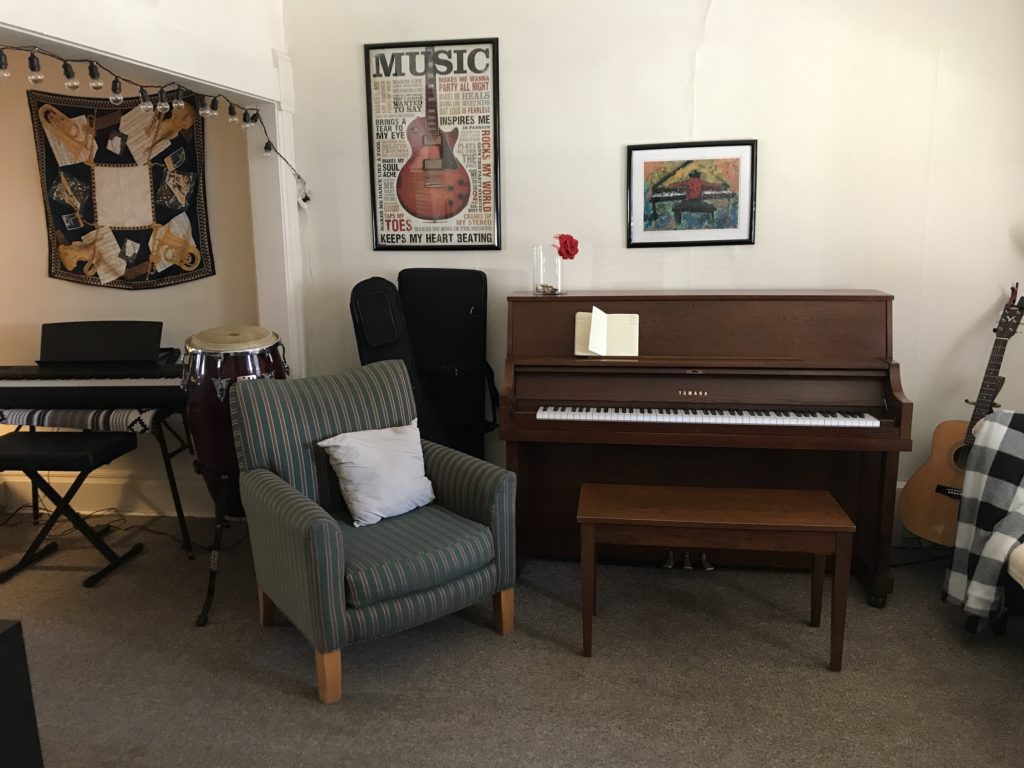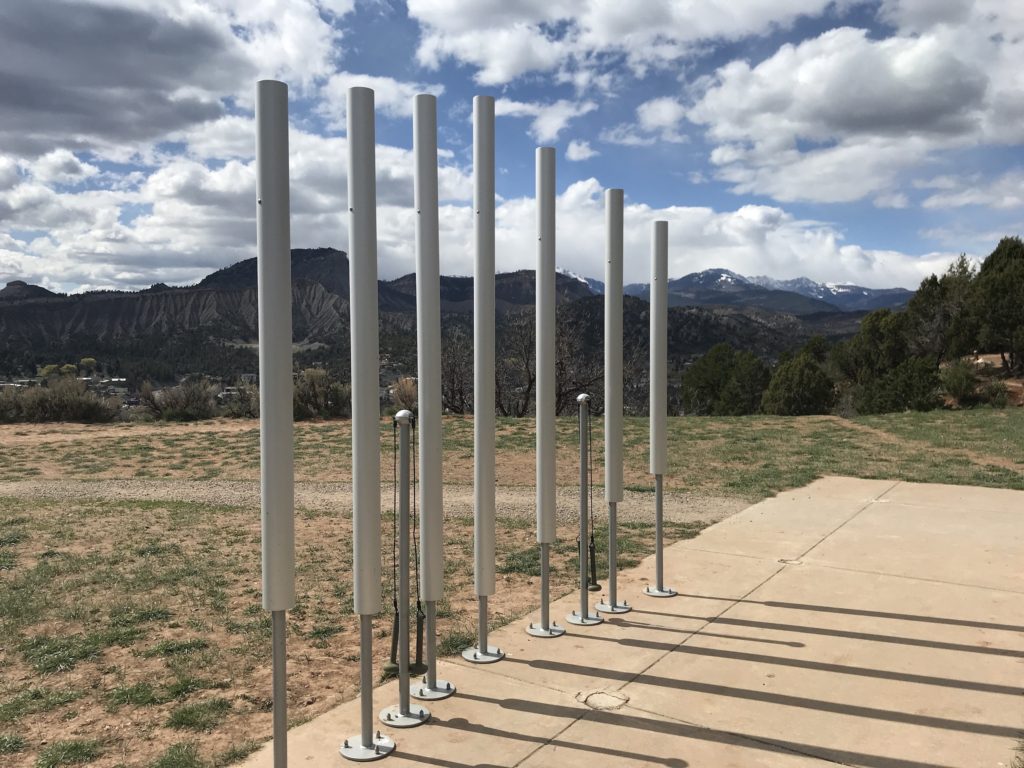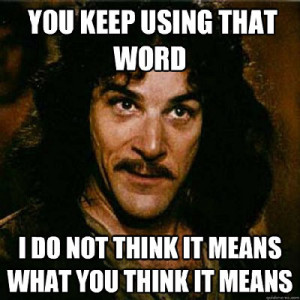It is no exaggeration to say I have been on both extremes of the pendulum when it comes to saying, I’m sorry. If the pendulum swings in an arc, I have been on the outer reaches of all 360 degrees of the circumference.
As a child, it was extreme emotional punishment to be made to say I’m sorry. It made me squirm. Sorry for what? For things I didn’t do; but somebody got their feelings hurt and demanded retribution. Resistance was futile.
“Do you want a spanking? Then say you’re sorry and be quick about it.”
What’s a child to do? You hang your head, all the time feeling only the injustice of it. You mutter out, “I’m sorry.”
But was I really sorry? No. I needed to escape that squirmy feeling. I was sorry I had to yield to someone else’s petty demands.
Sometimes the dialogue goes this way:
Me: “I’m sorry.”
The Offended: “Are you really sorry? Cause if you are truly sorry, you won’t ever do it again.”
Won’t do what again? Hurt your feelings or offend unwittingly?
As I grew into the relationships of young adulthood, I learned to use I’m sorry as a tool, to say it quickly and often; to assume ownership of infractions that were not mine.
But it came with a price; loss of myself. Not only did the words I’m sorry accept the blame for whatever disagreement was immediately at hand; I’m sorry continued to mean I will never do it again. I will never cross you again. I will never disagree with you. I will try my utmost to second-guess what you want so that I never displease you. To say I’m sorry inevitably meant; I was wrong.
Even now, in an attempt to people-please, I catch myself indulging in the false humility I’m sorry. This is the one that comes across as obsequious, submissive, I wouldn’t want to get in your way, but I just did. A better word-choice would be, excuse me or pardon me.
Other “I’m Sorrys,” crossed my path. There were times a person close to me needed to be called to account or challenged. At those times, I heard the words, “I’m sorry, ok?” spoken in a tone that indicated, “now get off my back.” That tone, I think, does not really mean I’m sorry.
Nor does this:
Spouse: I said I’m sorry. You know how hard it is for me to say I’m sorry.
Response: So? The difficulty excuses you and makes the apology count for more?
Once, I heard a man say to his wife, “I said I was sorry. That means you can’t bring it up ever again.” Say what? You can put a moratorium on ever talking about it again by arbitrarily saying, “I’m sorry?”
To this man, “I’m Sorry” is a legal injunction which says, “you can’t expect anything more out of me on this subject. You can’t bring it up ever again.”
I wonder; did he mean his apology? Did he ever make amends?
Speaking of spouses and relationships, I can hear the music now:
“Love means you never have to say you’re sorry
Love means without a word you understand.”
It sounded comforting from the Sounds of Sunshine, and gorgeously idealistic as it dropped insipidly from the lips of The Lettermen in the seventies. I wanted to love and be loved in that idealistic, magnanimous way. Perhaps John Lennon was the realist here, “Love means saying you’re sorry every fifteen minutes.”
There comes a time when making amends is key. When a person is truly sorry for something they have done; when they are willing to take ownership and make amends; when they voluntarily promise – to the best of their ability – not to hurt again. Especially when a person takes action to make up for the hurt – those times are life-changing, relationship changing and therefore world-changing.
After five plus decades, I am still hesitant to say I am sorry. Why? Because the words are so easily misconstrued.
Me: I’m sorry.
(S)he: That’s more like it. Now we’ll get down to business and do it my way.
Me: I’m sorry.
(S)he: Well, what are you going to do about it?
Me: I’m sorry.
(S)he: You’re just saying that because you didn’t like the results.
Sometimes, there is nothing I can do to fix it, because I didn’t do anything in the first place.
Other times, I am not sorry for what I did; but I am sorry for the hurt to others. And you know what? I think you can be sorry without admitting guilt. Truth is, we all have places in our lives where we need or want to say I’m sorry. It has happened before and it will happen again. At the moment, I am deeply sorry for the pain and relational carnage to bystanders caused by some of my actions. I am not sorry for the actions I took. I am sorry that others were hurt by the actions I took to protect myself.
These days, when I say I am sorry, it does not mean things can go back to the way they were. It does not mean I’ll never do it again. It does not mean I was wrong and we will do it your way.
It means I will never put myself in a position for that to happen again.









